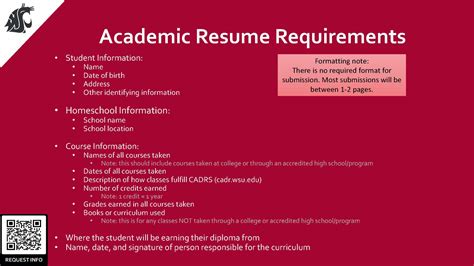Pursuing higher education at a Jesuit college is a significant milestone in a student's academic journey. Jesuit colleges, known for their rigorous academic programs and strong sense of community, attract students from diverse backgrounds who share a commitment to intellectual curiosity, social responsibility, and spiritual growth. The application process for Jesuit colleges can be competitive, and understanding the requirements and guidelines is essential for a successful application.
Why Choose a Jesuit College?
Before diving into the application requirements, it's essential to understand what makes Jesuit colleges unique. Jesuit colleges are rooted in the Ignatian tradition, which emphasizes the pursuit of knowledge, critical thinking, and the development of the whole person – intellectually, spiritually, and emotionally. Jesuit colleges aim to foster a sense of community, promote social justice, and encourage students to become active citizens in their communities.
Application Requirements
While application requirements may vary across Jesuit colleges, most institutions require the following:
- Common Application or Institutional Application: Most Jesuit colleges accept the Common Application, which allows students to apply to multiple institutions using a single application. Some colleges may also offer an institutional application.
- Official High School Transcript: A student's high school transcript provides a comprehensive picture of their academic performance and preparation for college-level work.
- Letters of Recommendation: Typically, two or three letters of recommendation from teachers, counselors, or mentors are required. These letters provide insight into a student's academic abilities, character, and potential for success in college.
- Standardized Test Scores: Most Jesuit colleges require SAT or ACT scores, although some may offer test-optional policies. Students should check the college's website for specific testing requirements.
- Application Essays: Jesuit colleges often require one or more application essays, which allow students to share their stories, interests, and goals.
- Interviews: Some Jesuit colleges offer or require interviews, which provide an opportunity for students to discuss their application, interests, and fit with the college.
Additional Requirements
Some Jesuit colleges may require additional materials, such as:
- Supplemental Essays: Some colleges may require additional essays that focus on specific topics, such as a student's interest in the college's mission or their experiences with social justice.
- Auditions or Portfolios: Students applying to programs in the arts, music, or theater may be required to submit auditions or portfolios.
- Language Proficiency Tests: International students may be required to submit language proficiency test scores, such as TOEFL or IELTS.
Guidelines for a Strong Application
While the application requirements provide a foundation for a student's application, there are several guidelines to keep in mind when preparing a strong application:
- Start Early: The application process can be time-consuming, so it's essential to start early and allow plenty of time for drafting and revising essays, securing letters of recommendation, and preparing for standardized tests.
- Show, Don't Tell: Rather than simply stating interests or goals, use specific examples to demonstrate a student's passions and commitments.
- Highlight Unique Experiences: Jesuit colleges value diversity and unique experiences, so be sure to highlight any experiences that set a student apart from their peers.
- Demonstrate a Commitment to Social Justice: Jesuit colleges are committed to social justice, so be sure to highlight any experiences or interests that demonstrate a student's commitment to serving others.

Application Deadlines
Application deadlines vary across Jesuit colleges, but most institutions offer several deadlines, including:
- Early Decision: Typically, early decision deadlines fall in November or December, and students who apply early decision are committing to attend the college if accepted.
- Early Action: Early action deadlines often fall in November or December, and students who apply early action are not committing to attend the college if accepted.
- Regular Decision: Regular decision deadlines typically fall in January or February, and students who apply regular decision are not committing to attend the college if accepted.
Conclusion
Applying to a Jesuit college requires careful planning, preparation, and attention to detail. By understanding the application requirements and guidelines, students can create a strong application that showcases their academic abilities, interests, and commitments. Remember to start early, show rather than tell, highlight unique experiences, and demonstrate a commitment to social justice. With a strong application, students can increase their chances of being accepted into a Jesuit college and embarking on a transformative educational journey.
Gallery of Jesuit Colleges






Frequently Asked Questions
What is the difference between early decision and early action?
+Early decision is a binding agreement, meaning that if a student is accepted, they are committing to attend the college. Early action, on the other hand, is non-binding, and students are not committing to attend the college if accepted.
Can I apply to multiple Jesuit colleges?
+What is the Ignatian tradition?
+The Ignatian tradition is a philosophical and spiritual approach that emphasizes the pursuit of knowledge, critical thinking, and the development of the whole person – intellectually, spiritually, and emotionally. The Ignatian tradition is rooted in the teachings of Saint Ignatius of Loyola, the founder of the Jesuits.
